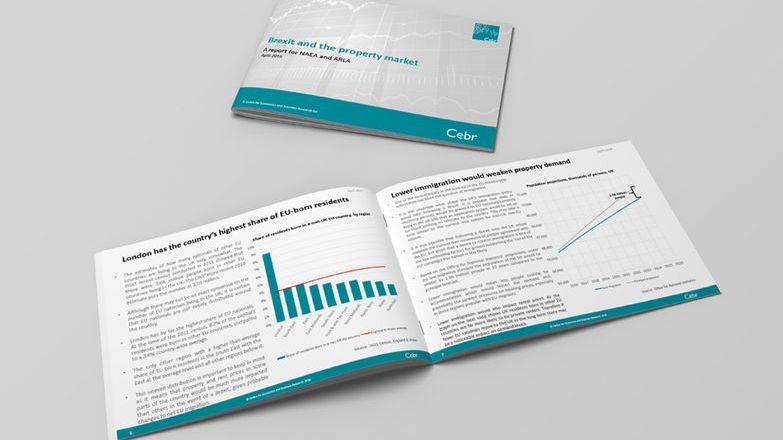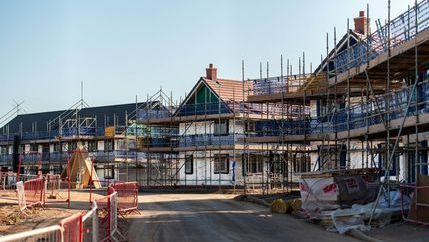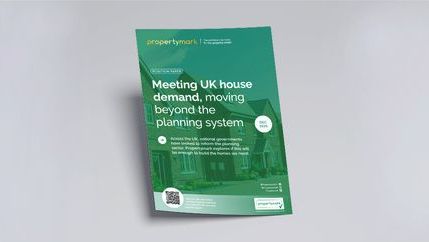
Compromising stock: Skills shortage
While the impact Brexit will have on migration policies is unconfirmed, imposing greater restrictions on foreign workers coming into the UK may compromise the UK’s ability to build homes – and the Government has pledged to build one million new homes by 2020.
Construction based jobs are decreasing in popularity among UK nationals, and as one in 20 (five per cent) current construction workers were born in non-UK EU countries according to the 2011 census. Workers from non-UK EU countries are becoming more important than ever in filling the skills gap to boost housing stock.
Foreign investment in the UK
However, an ‘out’ vote could provide first-time-buyers (FTB) with breathing space as demand for housing eases off.
Non-EU businesses are currently attracted to the UK’s status as a gateway to the single market as it allows them to establish and grow their presence across Europe. In 2014, a fifth (19 per cent, £5.3bn) of total FDI inflow into the UK came from EU sources, and in 2013, 17 per cent of sales in London’s prime property market made to non-UK recipients were to European nationals.
In the event of Brexit, a portion of FDI would be re-directed to EU countries, ‘freeing up’ housing units, particularly in London, previously purchased through FDI for British buyers.
Reduced migration flow
There are currently 3.03 million UK residents who were born in other EU countries. If, following a Brexit vote, the UK does not maintain free movement of labour, the total population of the UK could decrease by 1.06mill people. With fewer people, demand will ease, making the market more accessible for FTBs, as well as second steppers and last-time-buyers, and this is will be especially apparent in the capital.
Reduced migration would also affect the private rental sector (PRS). Currently, private renting is a more popular choice among UK residents born in non-UK EU countries than for UK born individuals; if migration reduces the flow of renters from Europe, demand will weaken, which would put downward pressure on rent costs.
London’s “safe haven” status at risk
The capital has the densest population of non-UK EU residents, so the consequences will be heightened, especially in the short-term from reduced FDI. In 2013/14, a quarter (25 per cent) of all London’s prime property buyers were from outside the UK – 20 per cent buying their primary residence, and five per cent buying an investment property.





